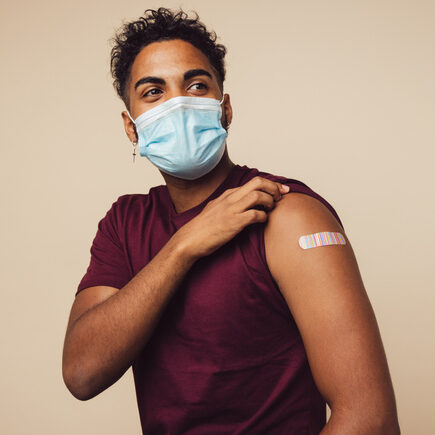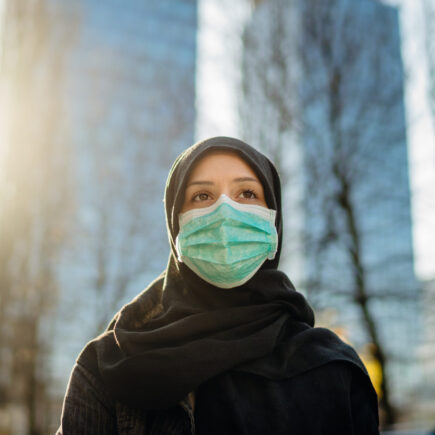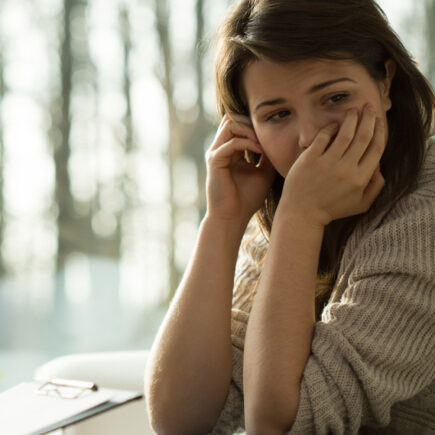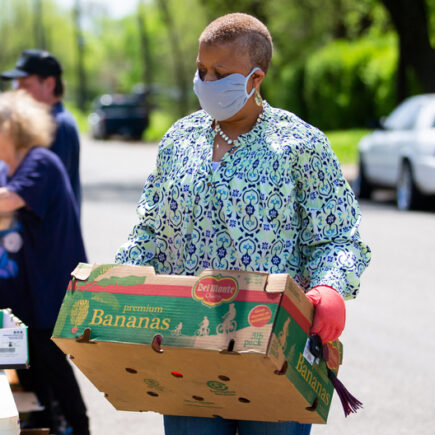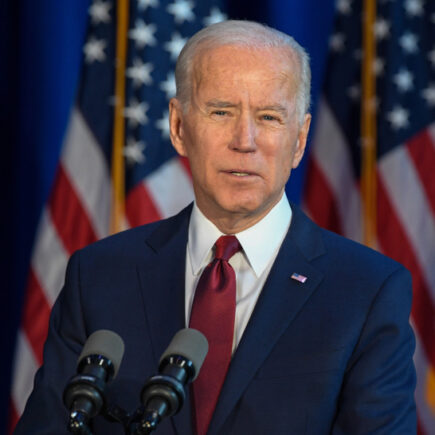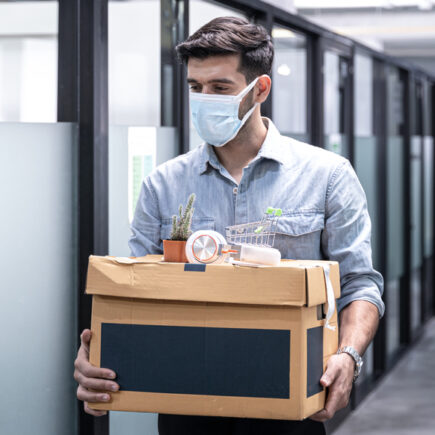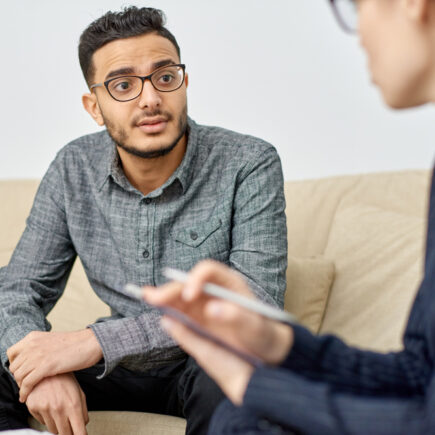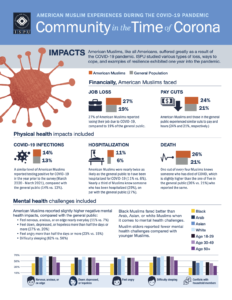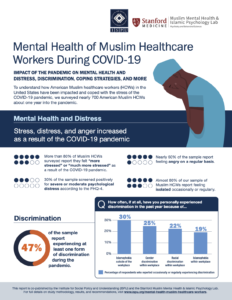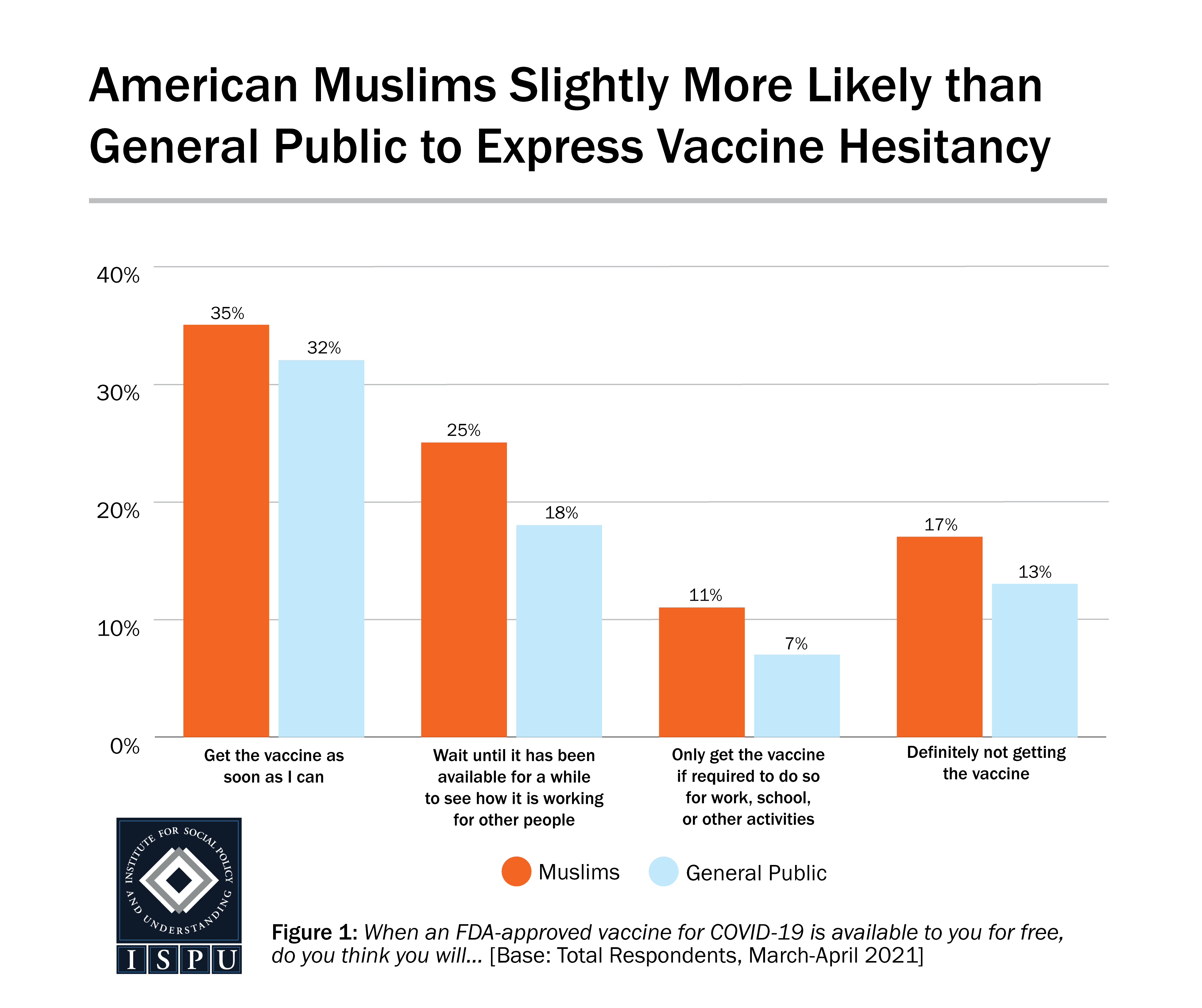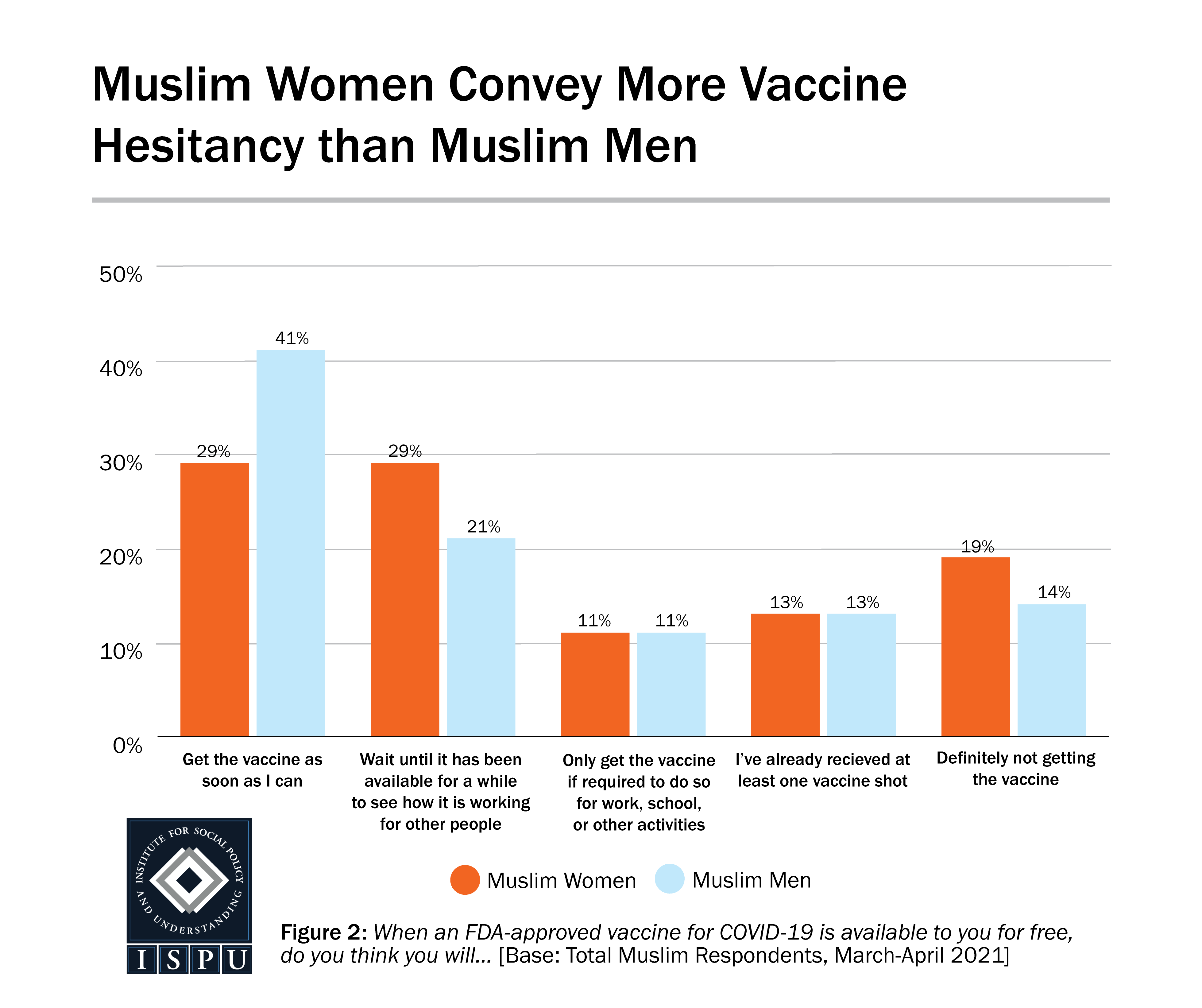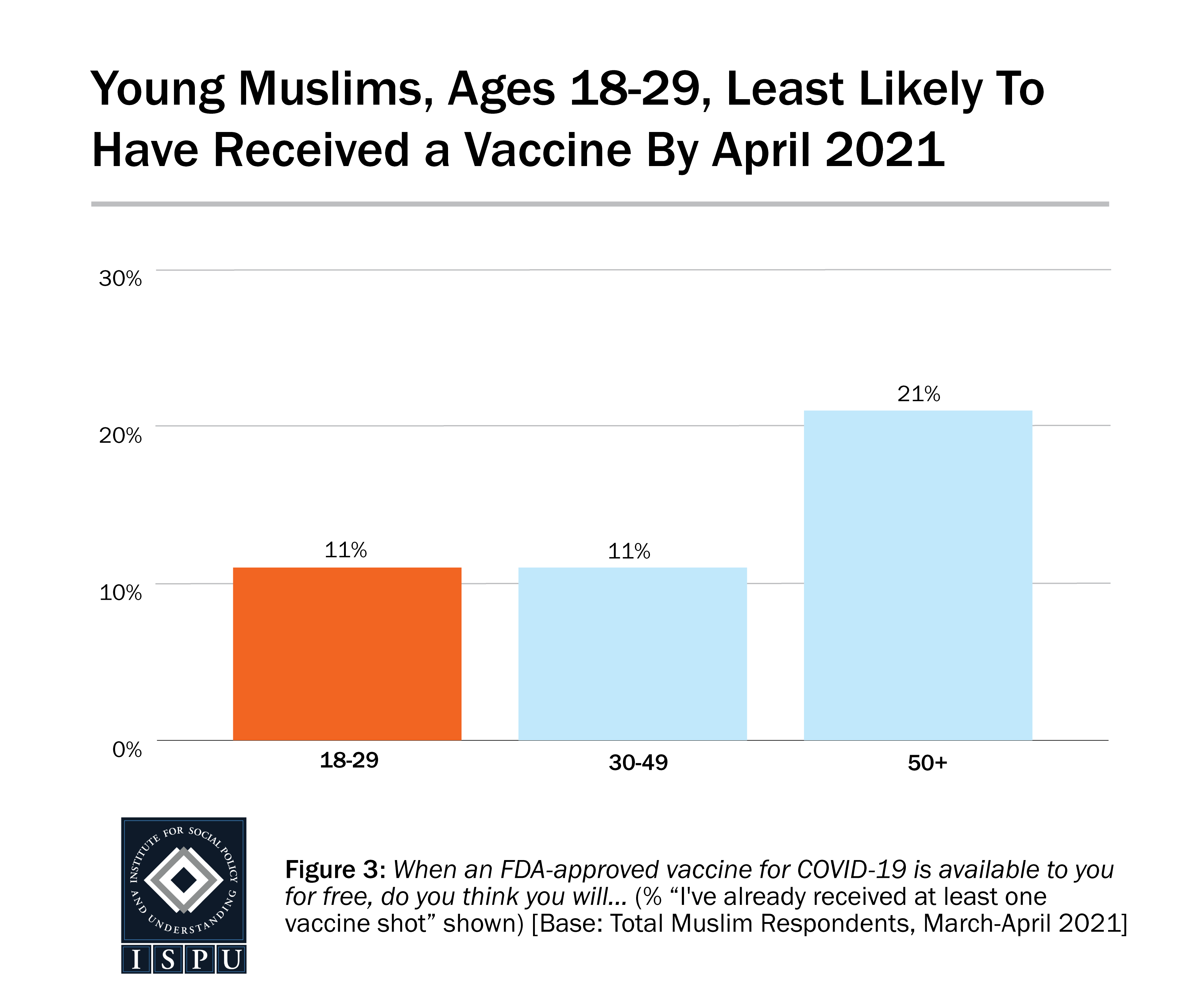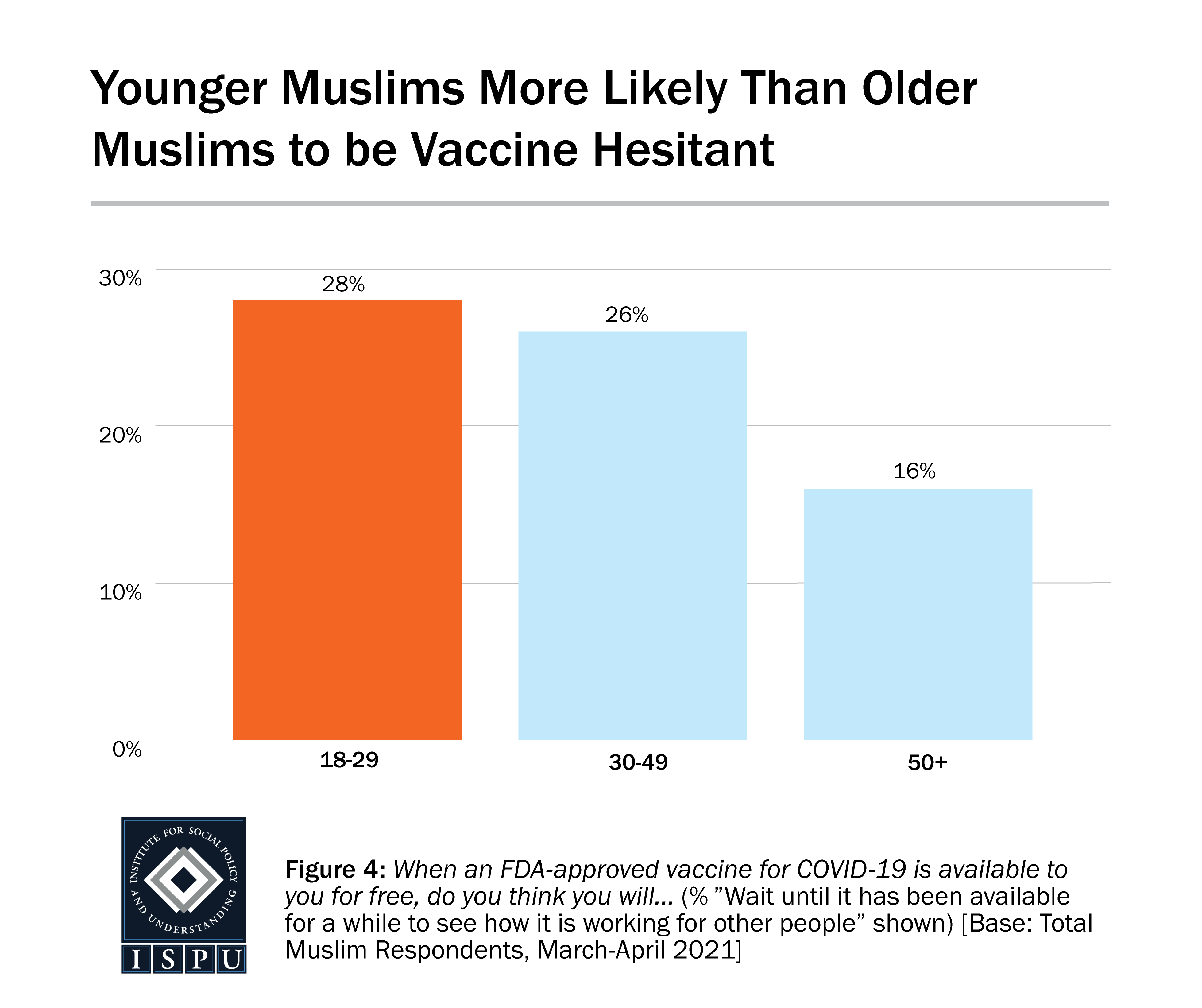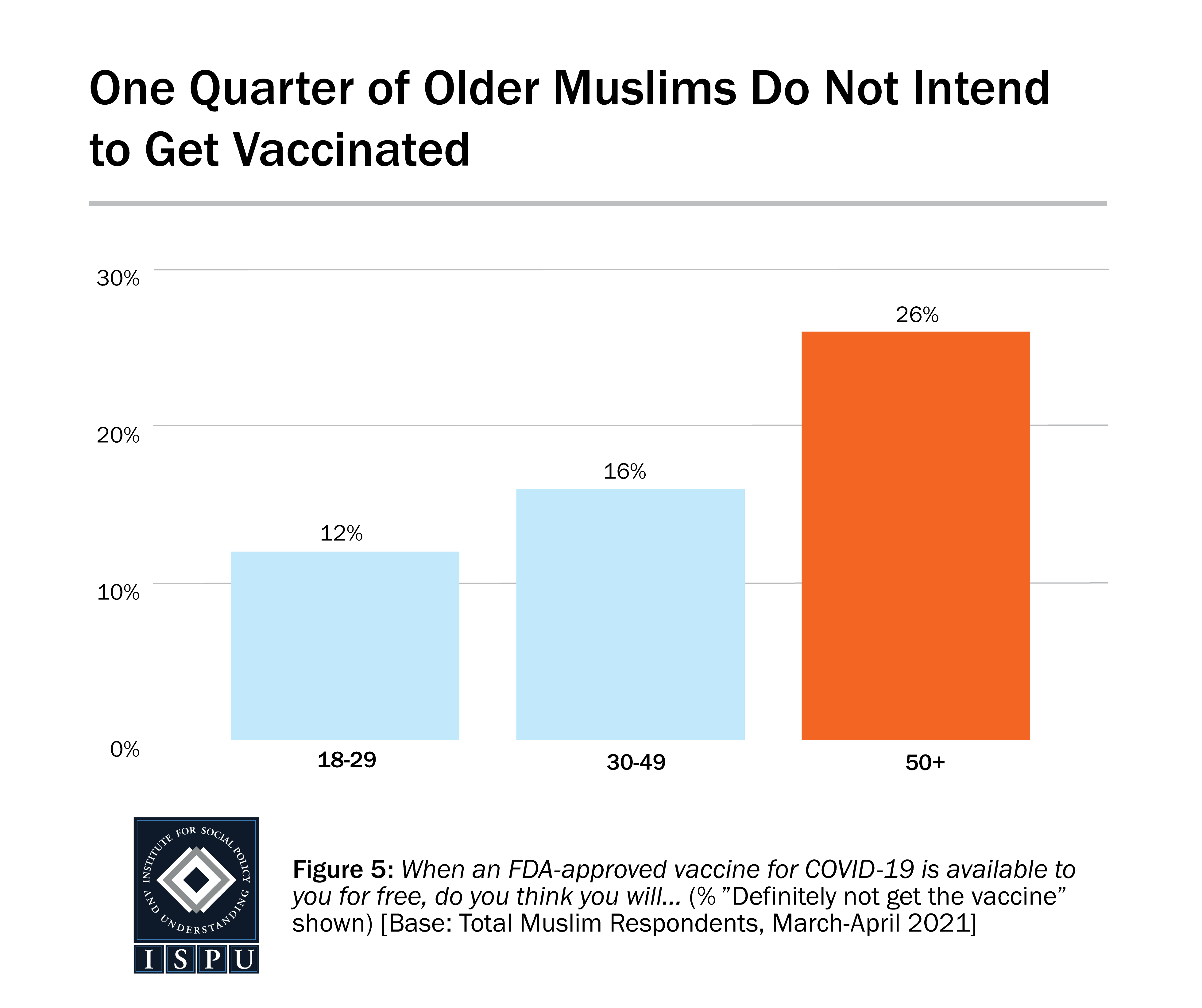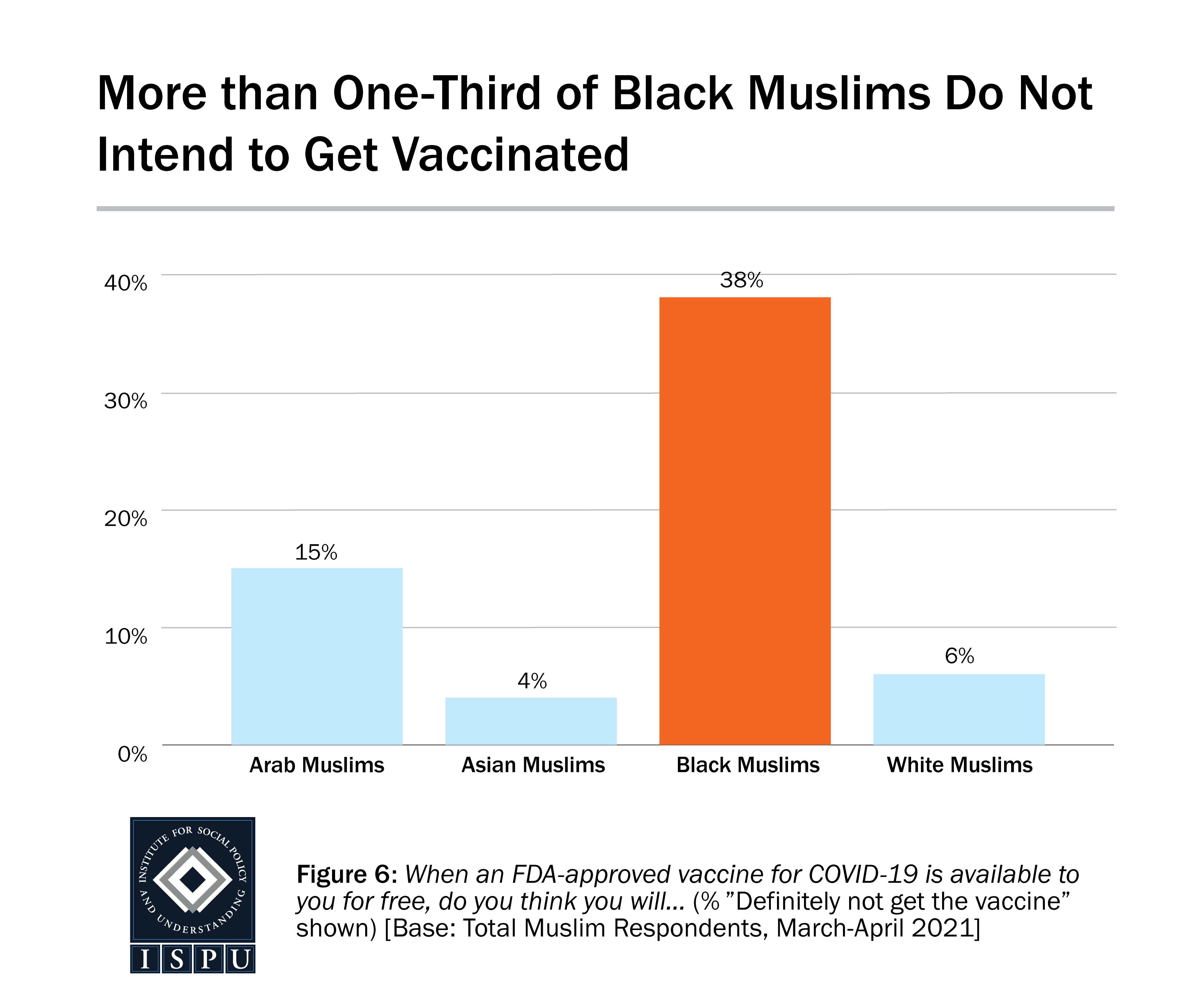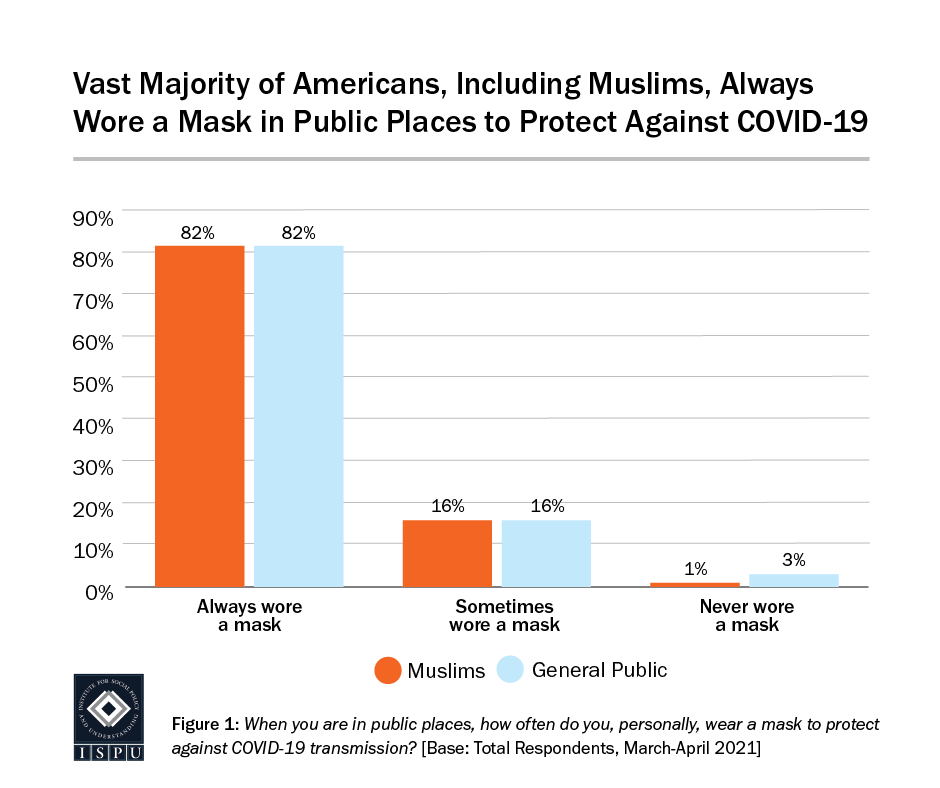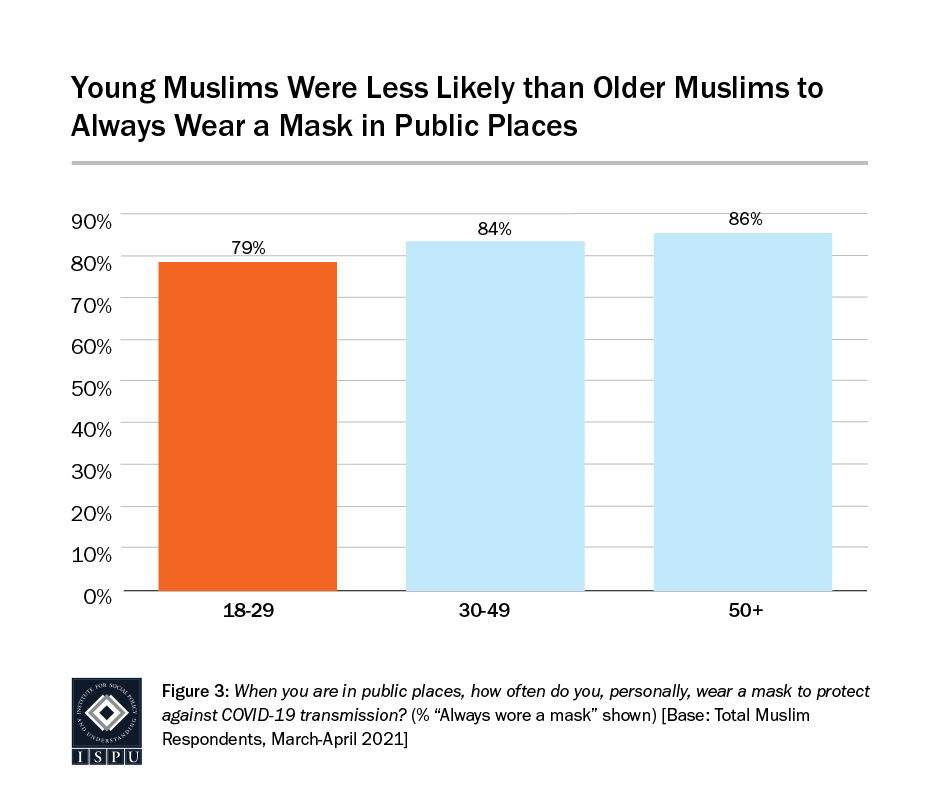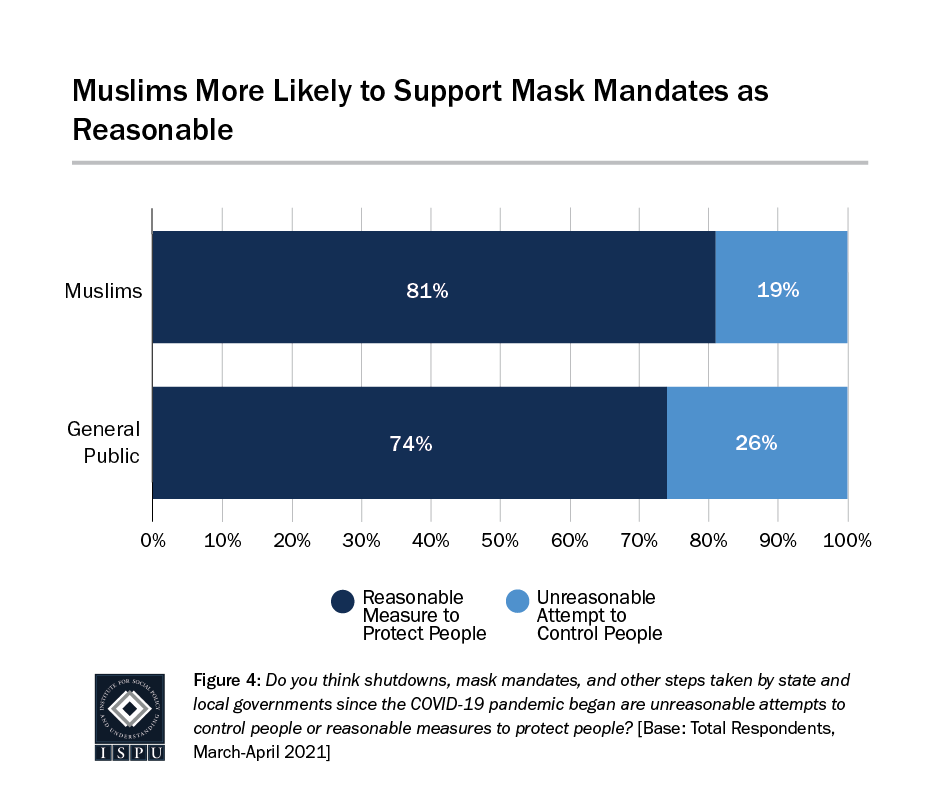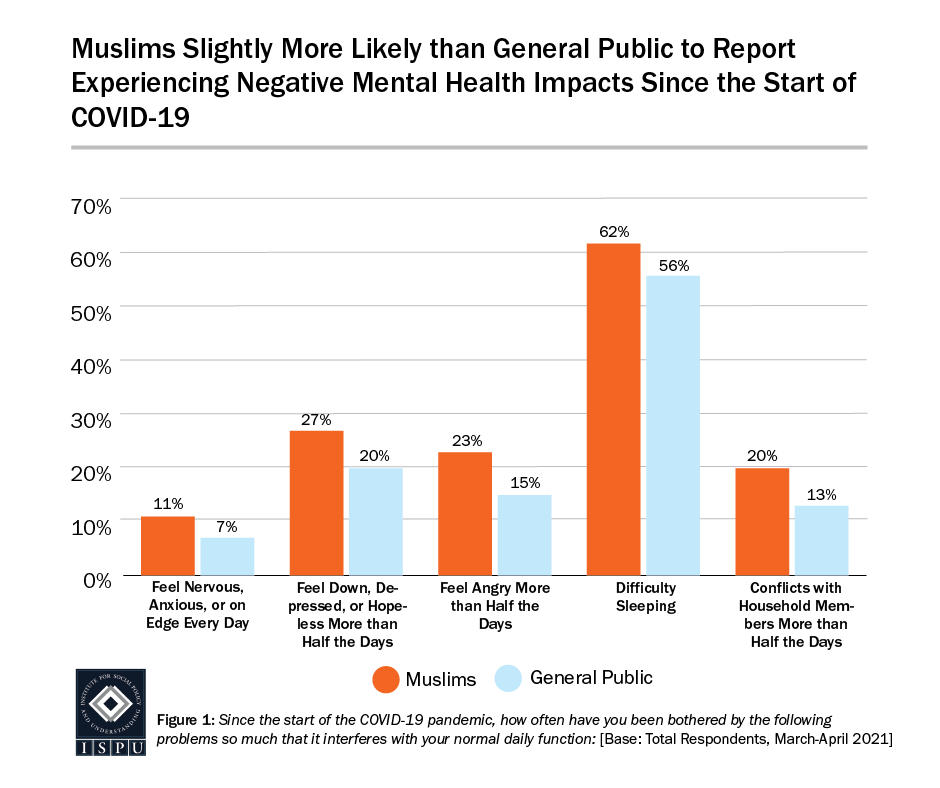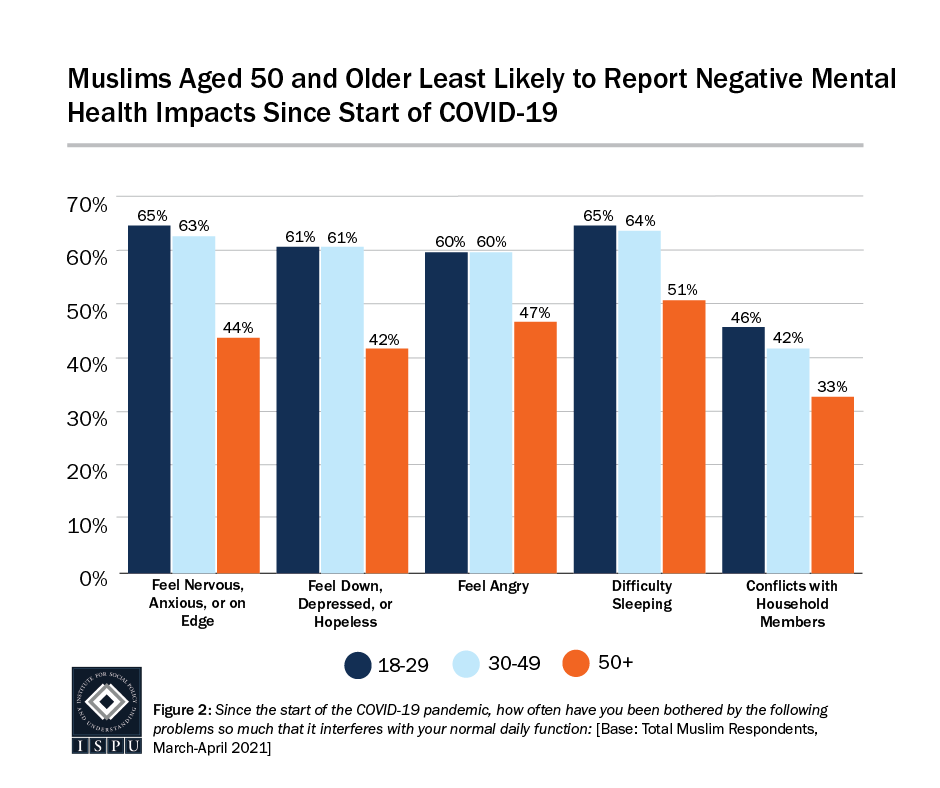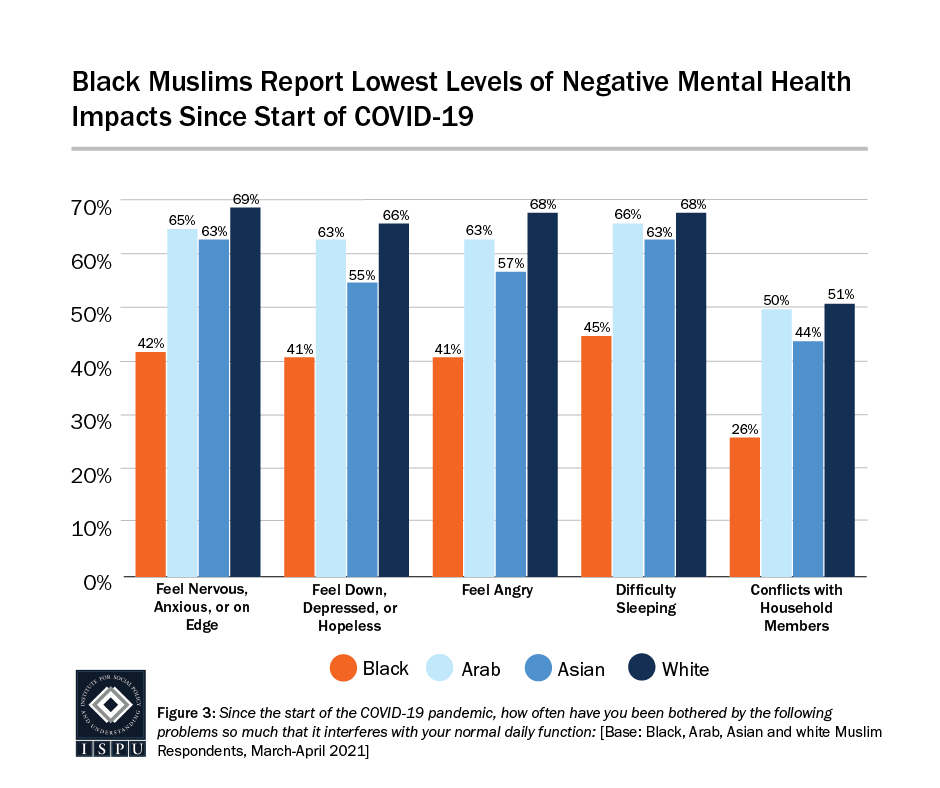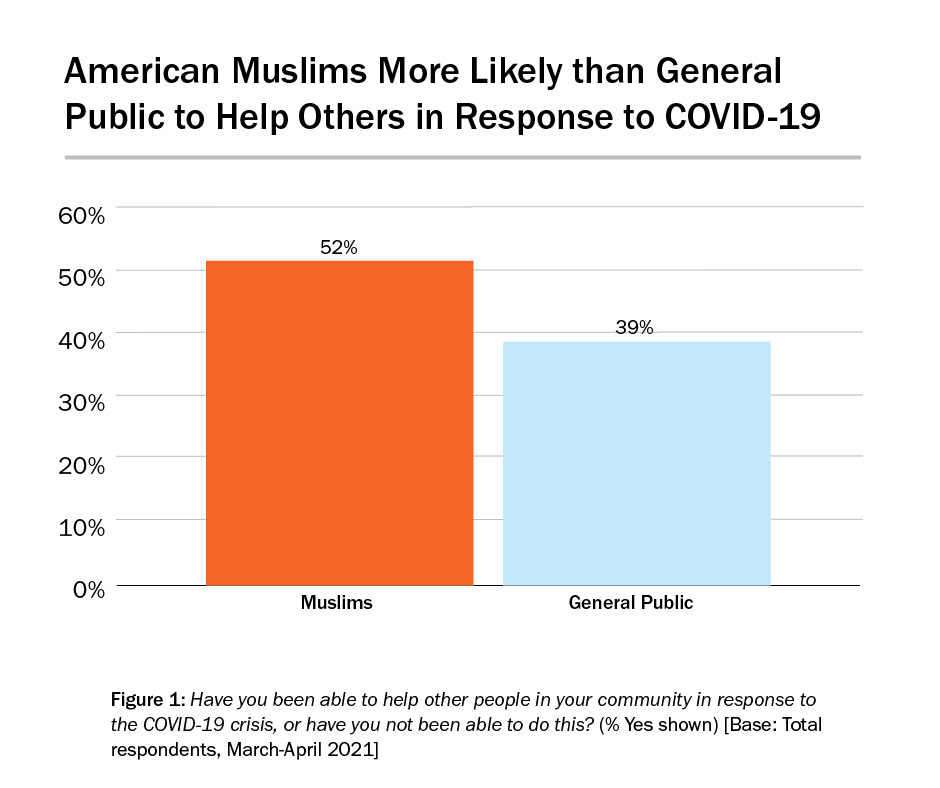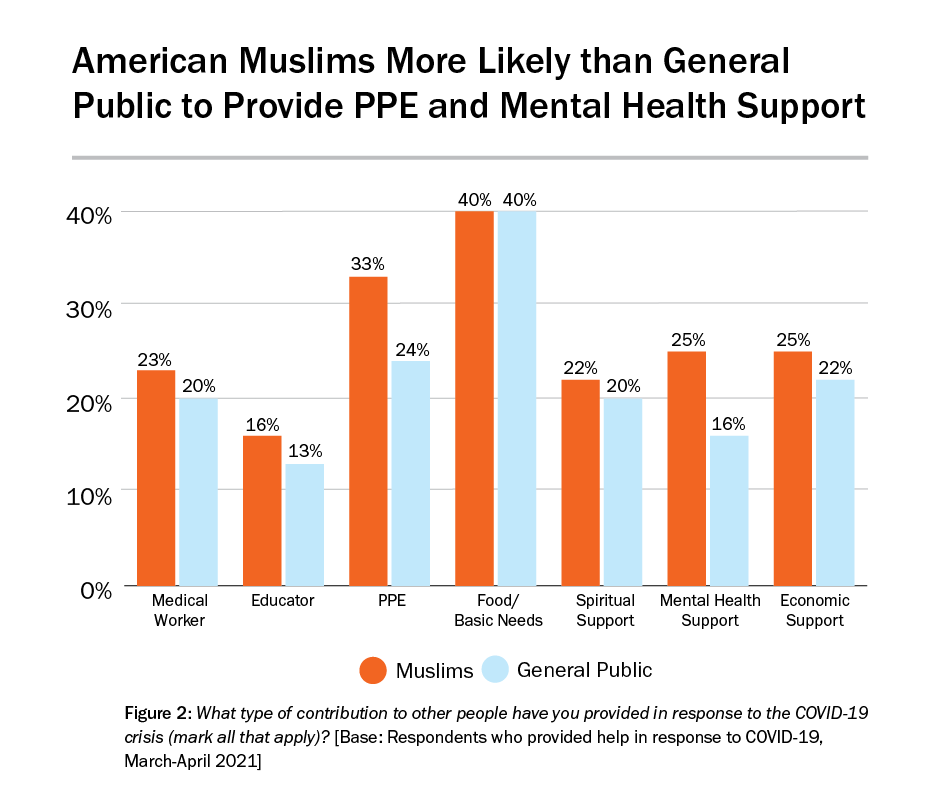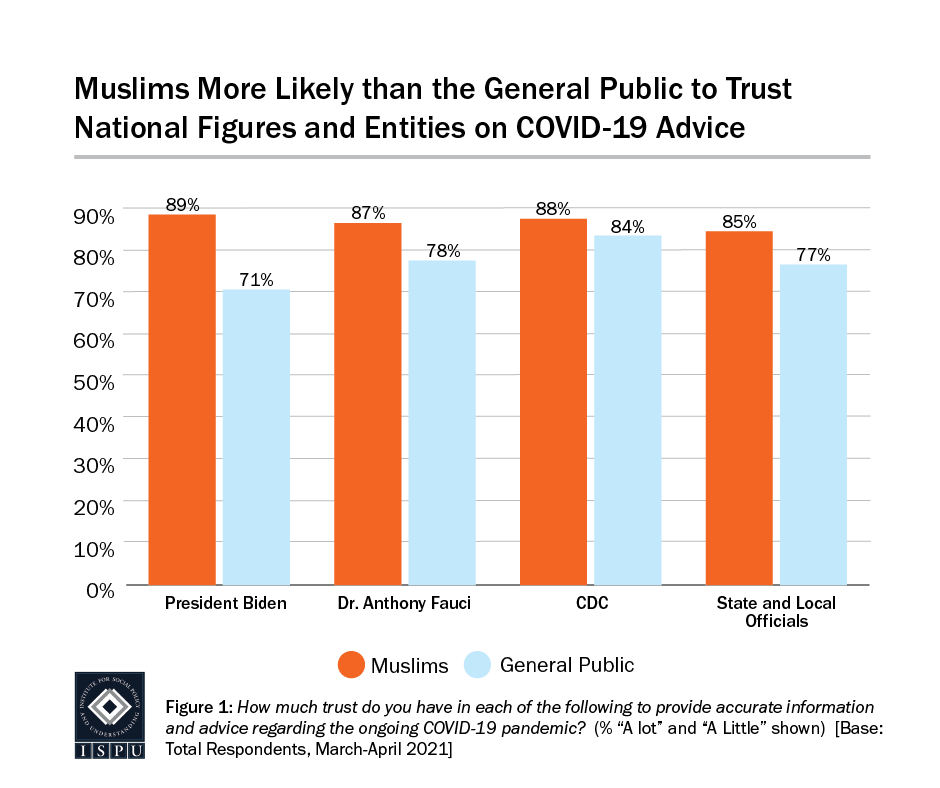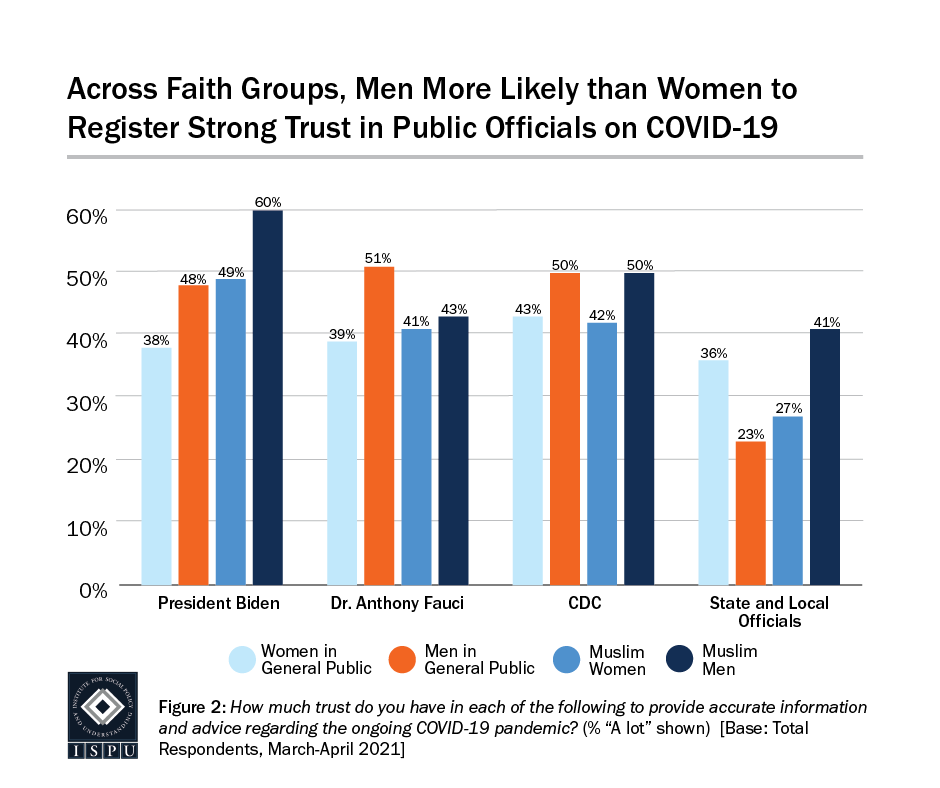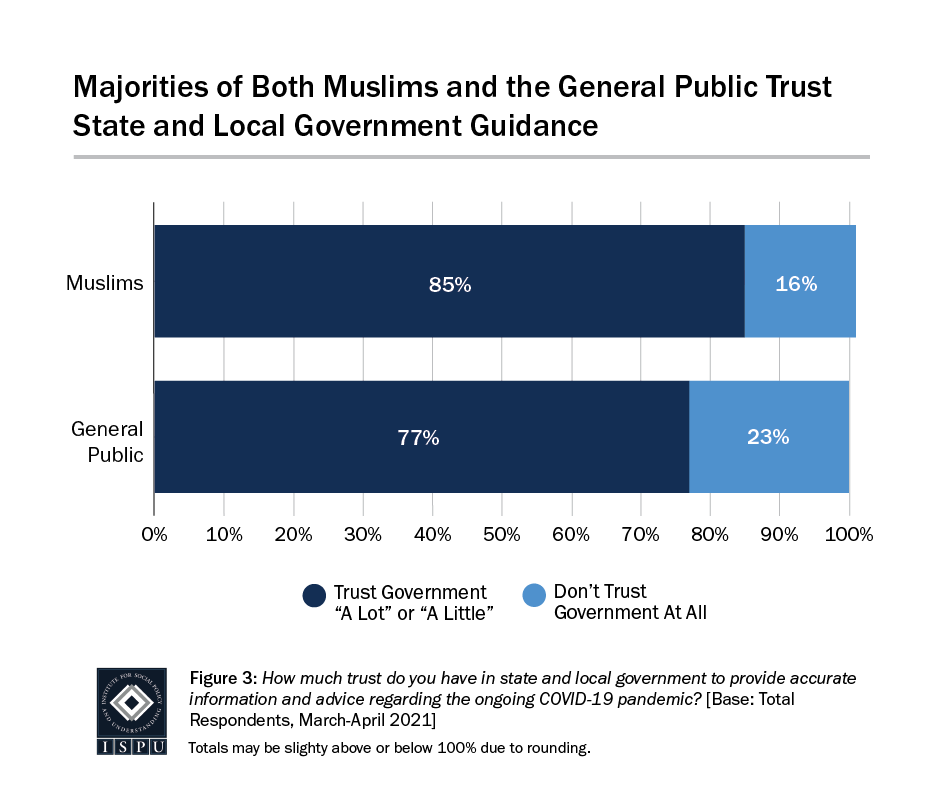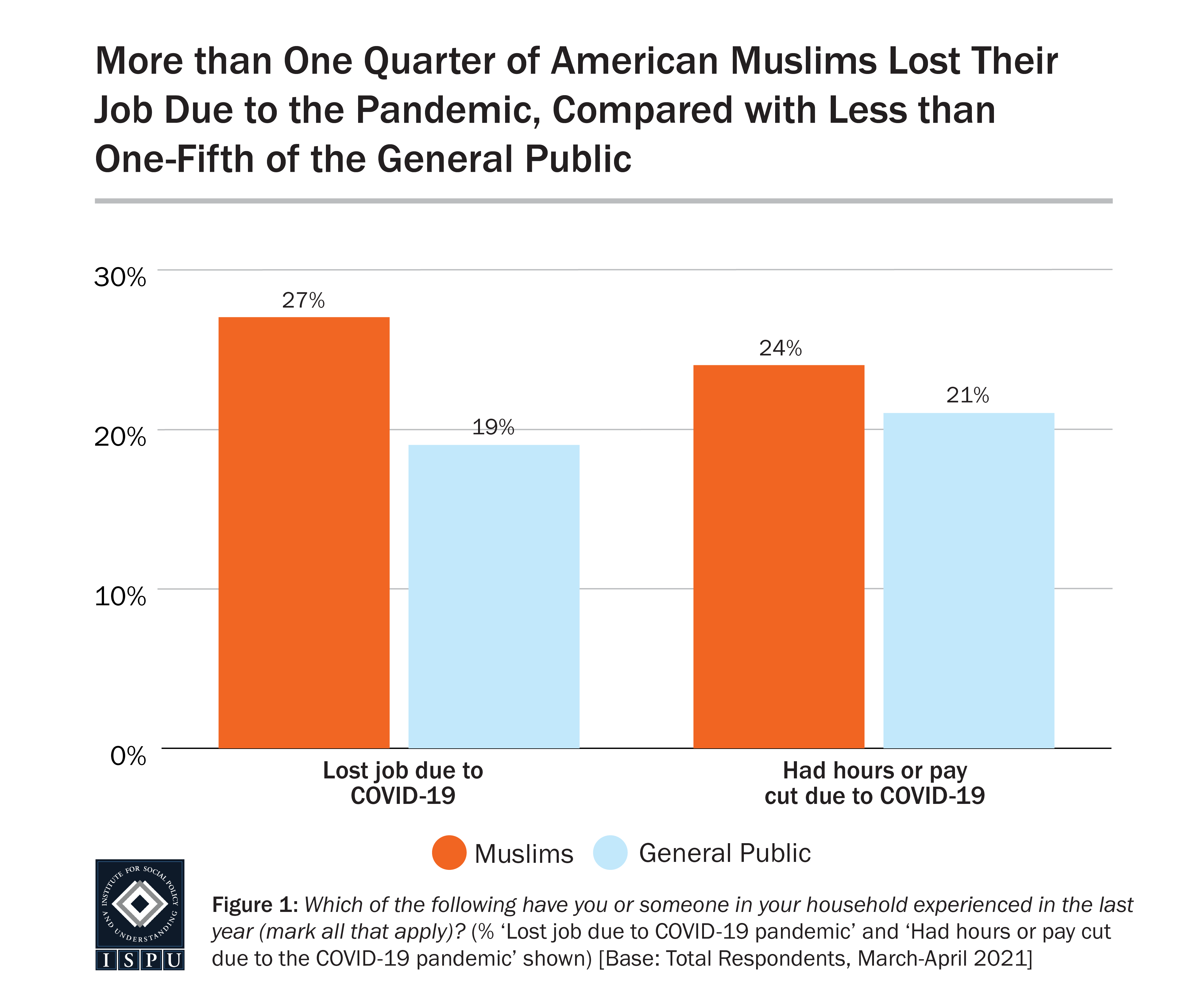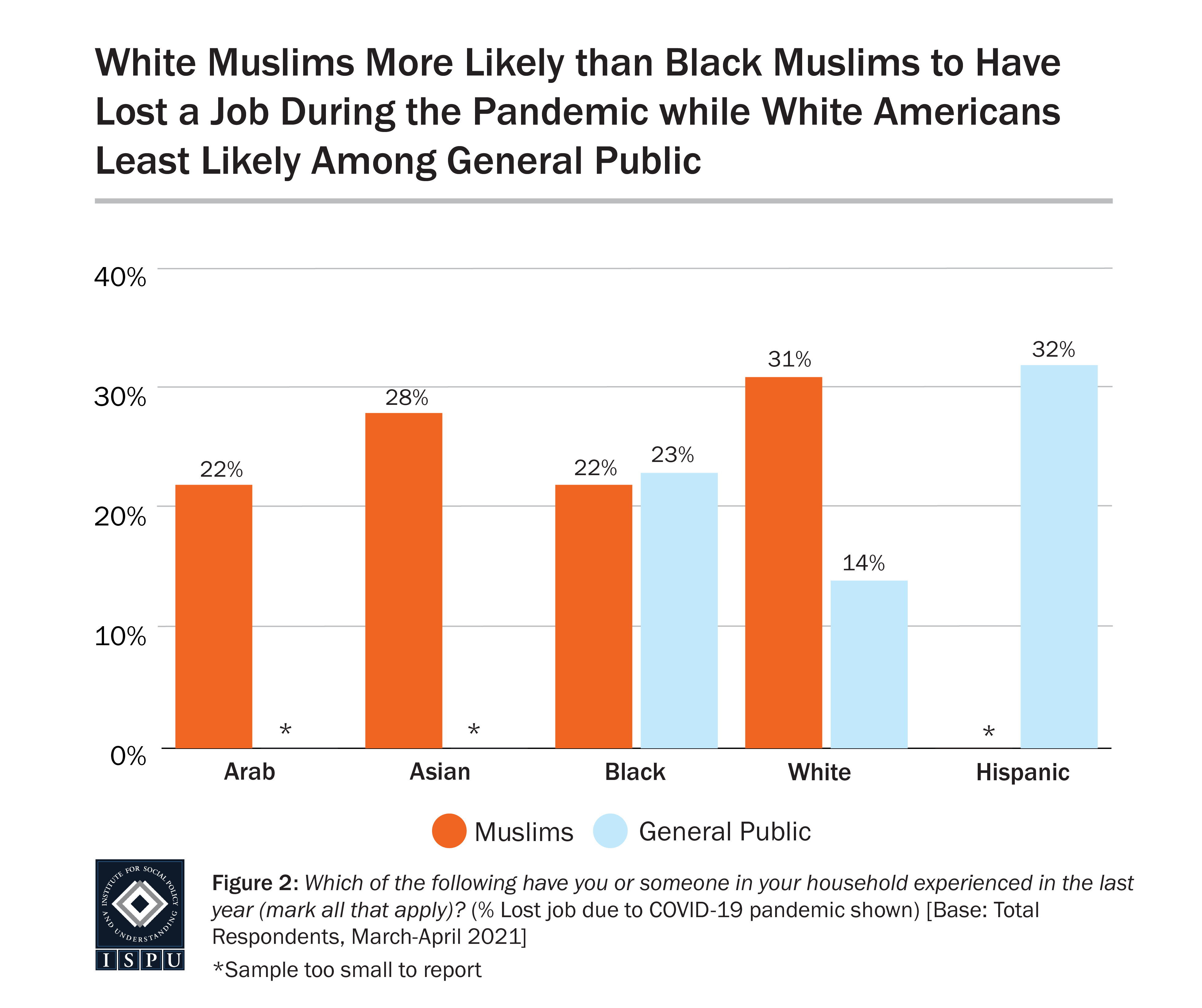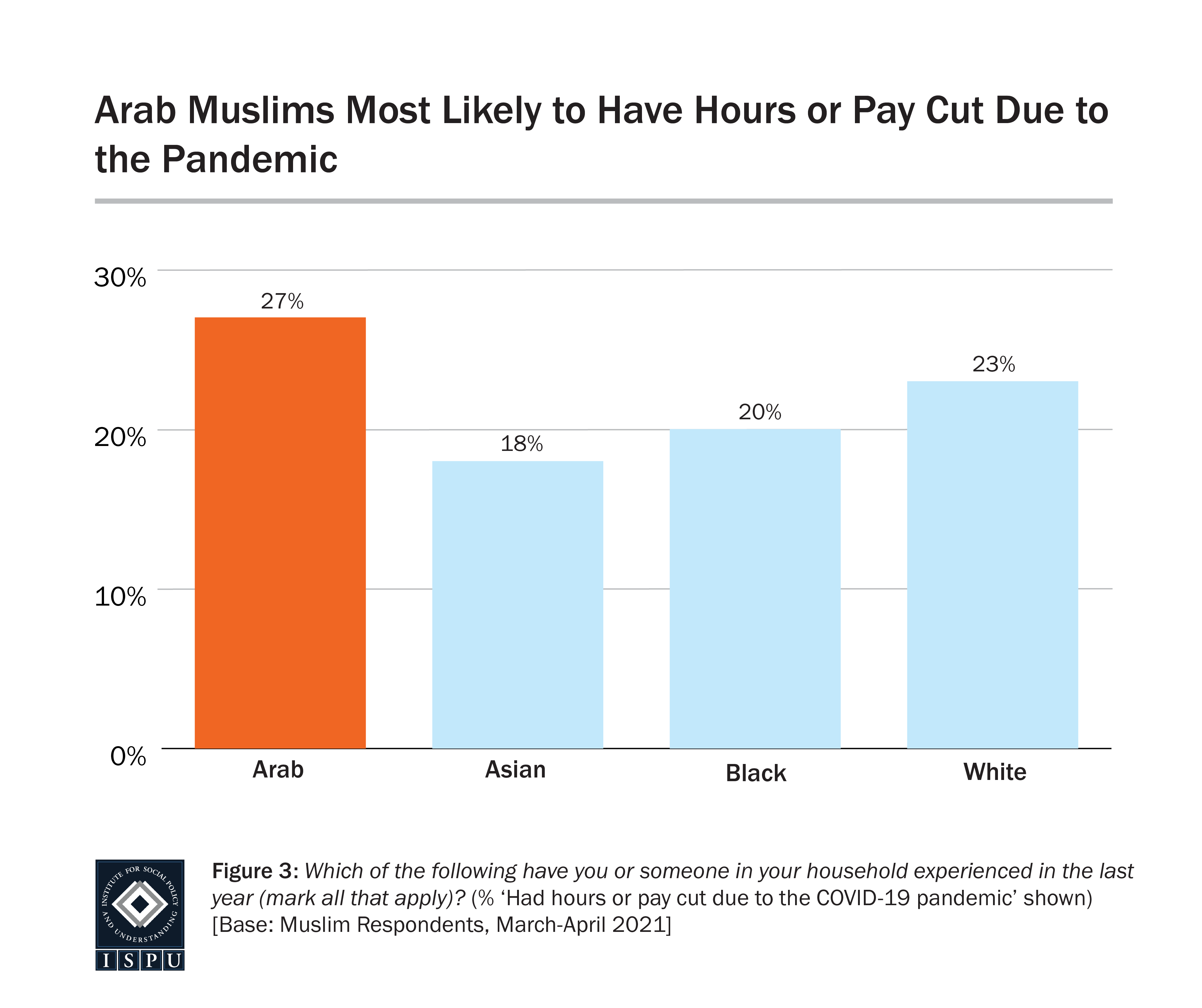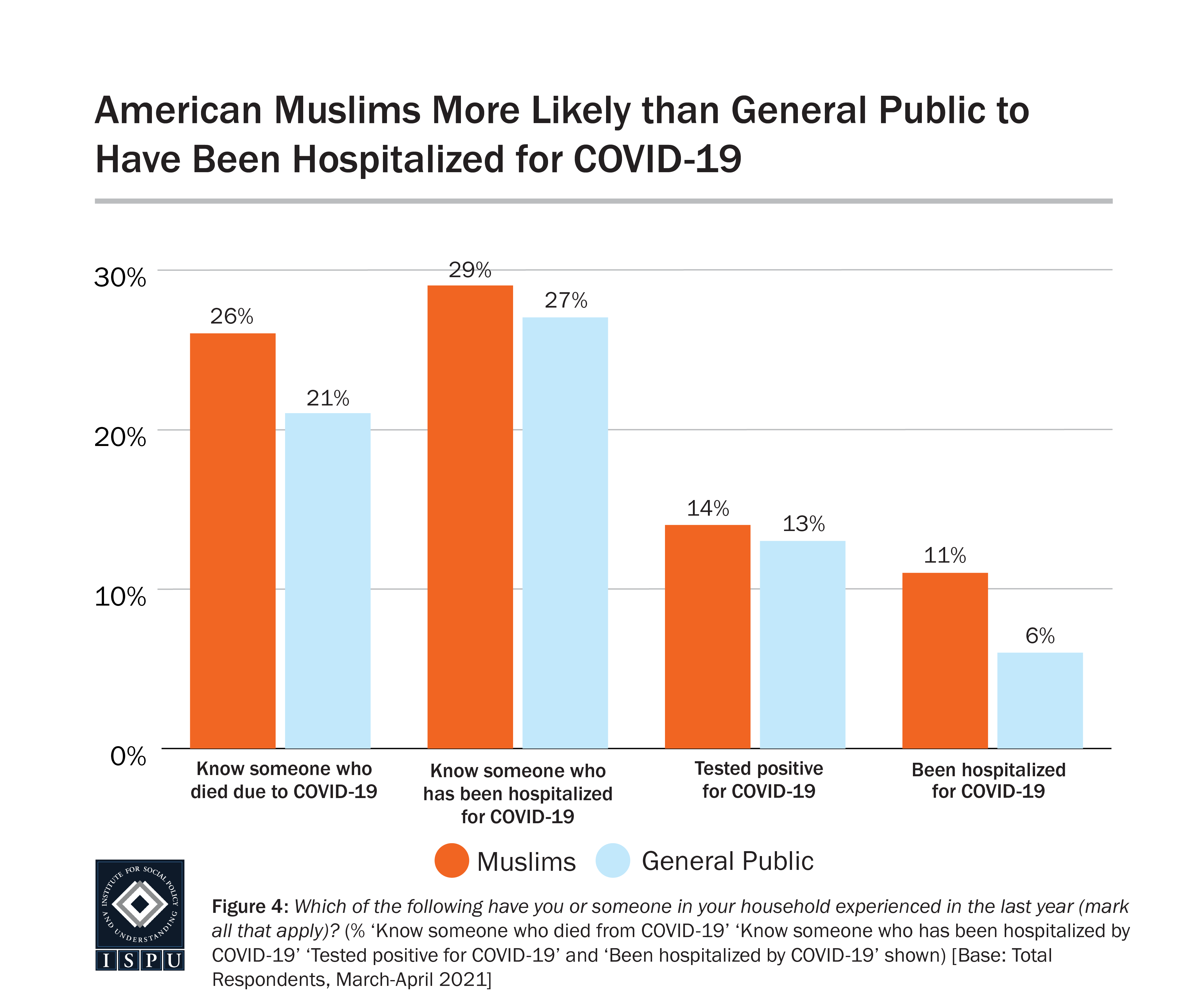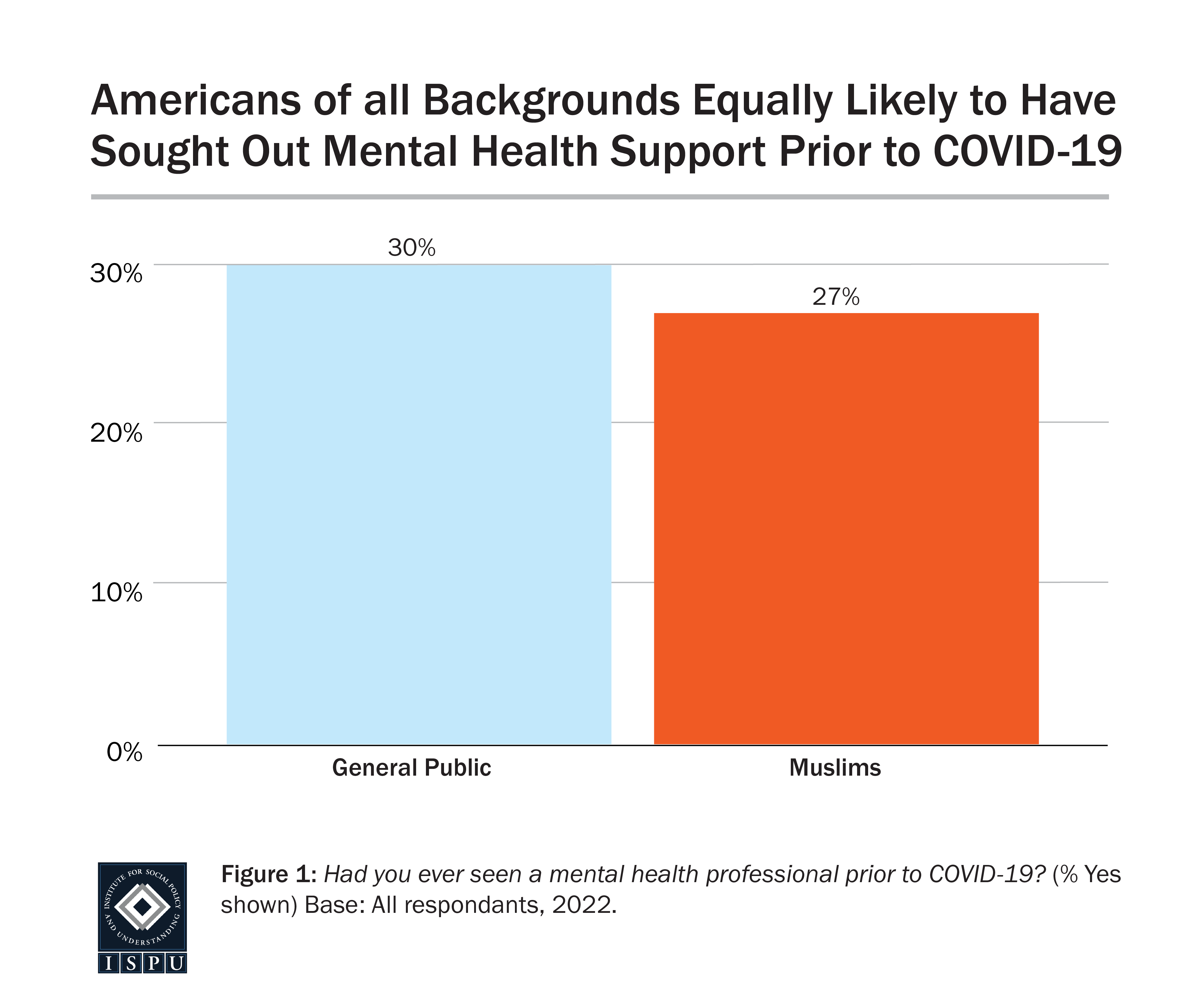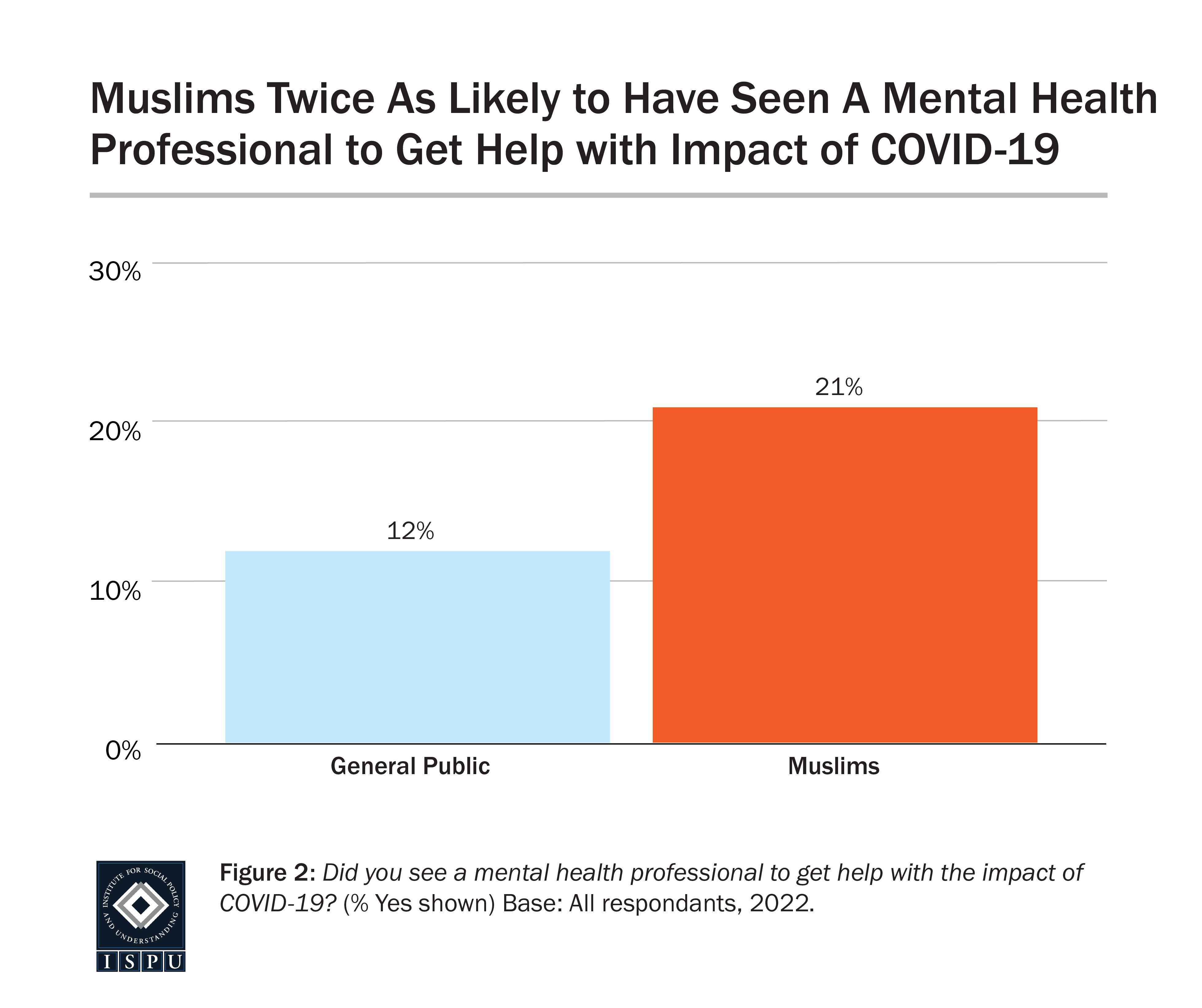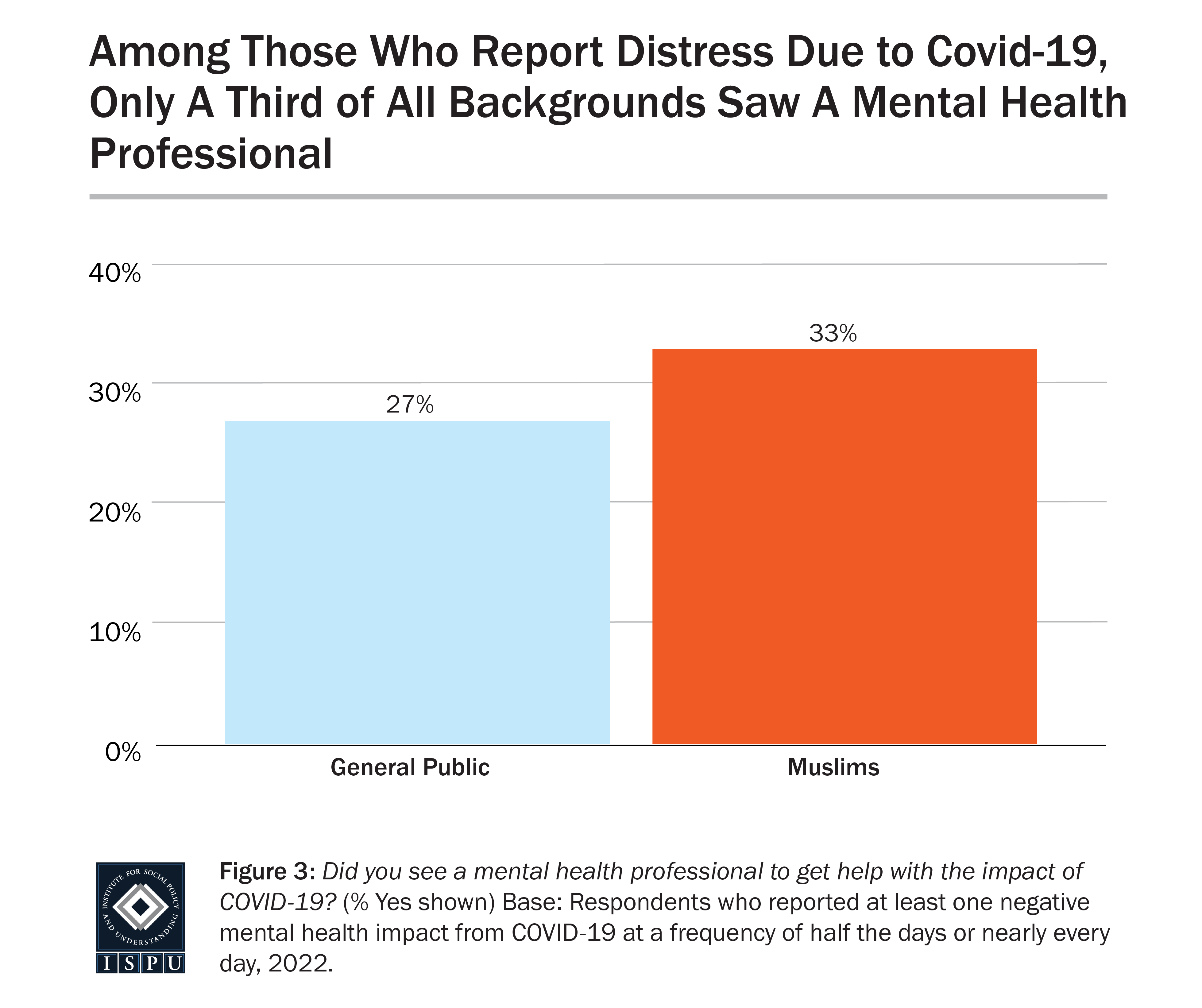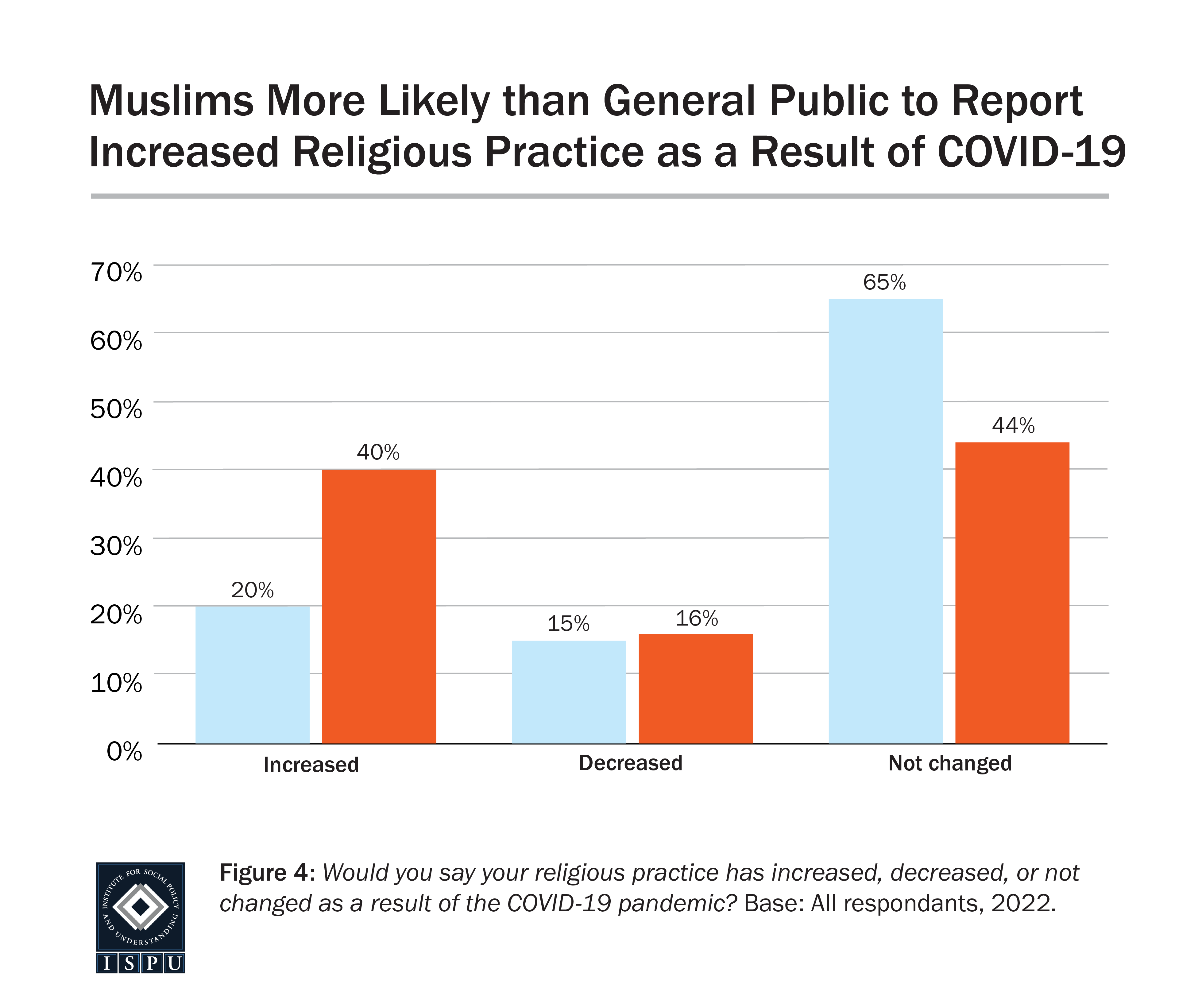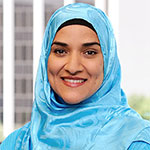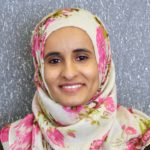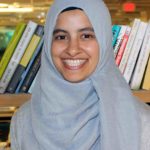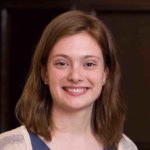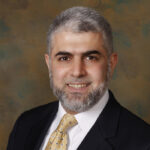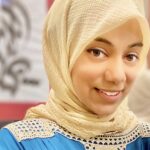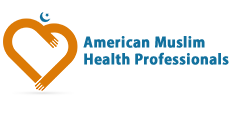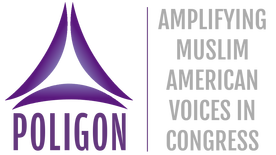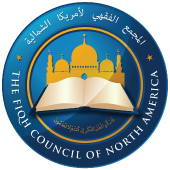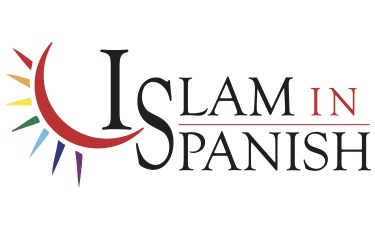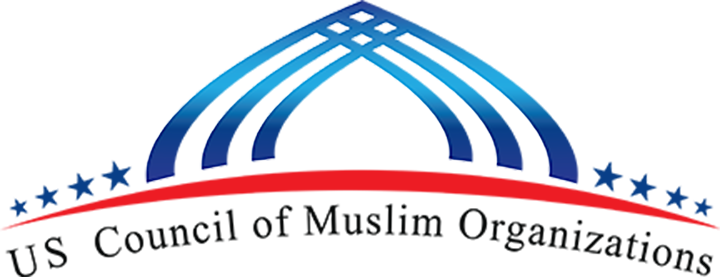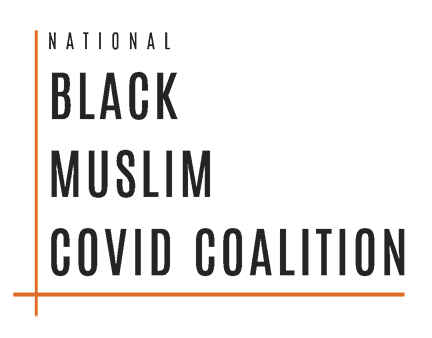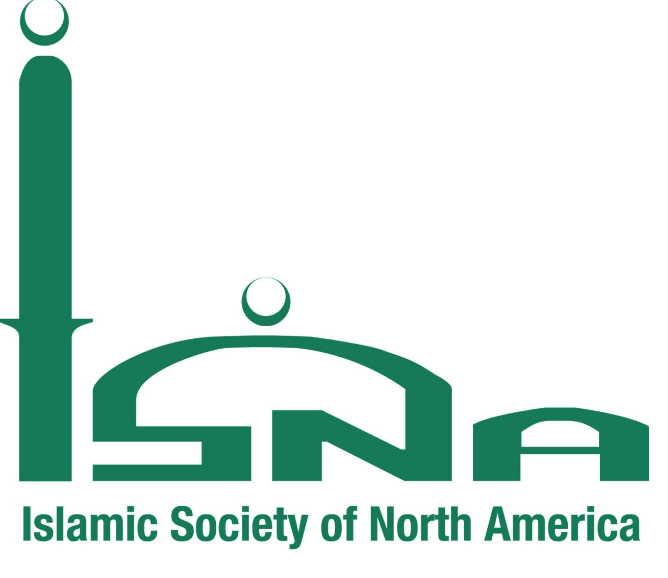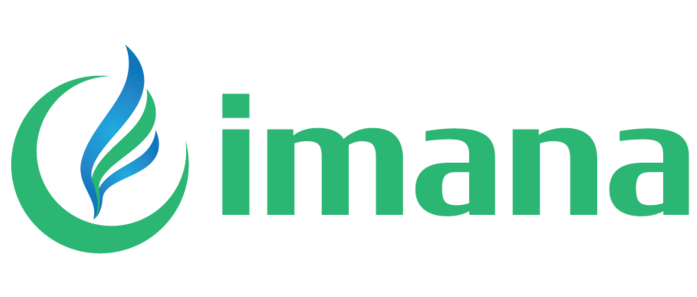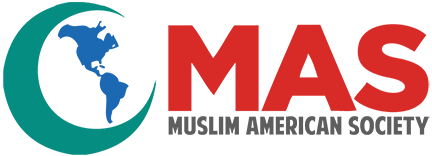Documenting the American Muslim Response to the COVID-19 Crisis
As COVID-19 continues to spread in many communities, ISPU and a group of partners set out to study how American Muslims have been impacted by the pandemic, in a two-phase survey project.The resulting research, Community in the Time of Corona, is an ongoing project that investigates how COVID-19 is impacting the mental health, faith, service work, and other aspects of life for Americans who are Muslim.
In 2020, we conducted a quantitative measurement of acts of service in each state, cataloging everything from providing healthcare workers with mental health support to donating much-needed funds to meet the basic needs of families who have been hardest hit by the crisis. The report resulting from this collection also includes stories of individuals and communities that took action to alleviate or prevent the suffering around them.
In 2021, we produced a series of reports drilling down into the results of a non-probability, nationally representative online sample of self-identified American Muslims and of the American general public fielded from March 22 – April 8, 2021 by Qualtrics. During the fielding dates, vaccines were becoming widely available, but access was dependent on state, age, and pre-existing health conditions. On March 22 in the United States there were 54,716 cases reported and 648 deaths; on April 8, there were 80,458 cases reported and 1,008 deaths. Topics covered in the survey include mental health, attitudes on vaccines and masking, trust in public officials, affect on lives (job loss, finances, health, and death), among others.
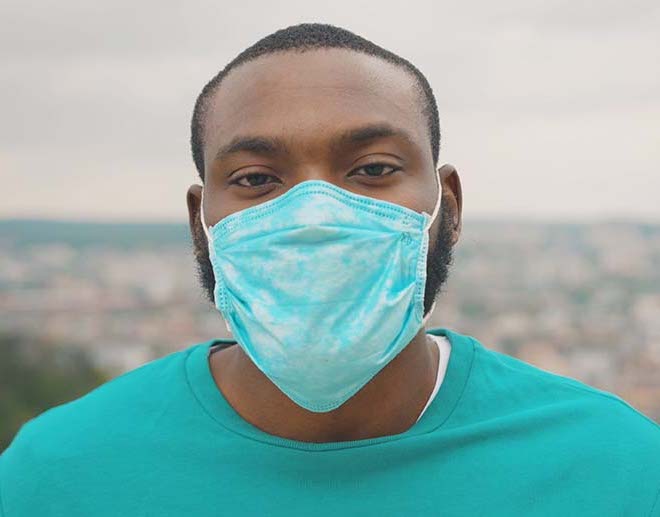
Results and Reports from 2021 Survey
In 2021, ISPU conducted a survey and produced a series of reports including the results of a non-probability, nationally representative online sample of self-identified American Muslims and of the American general public fielded from March 22–April 8, 2021. These results reflect a moment when vaccines were fairly new, when they were harder to access, and when medical and other essential personnel, older Americans, and those at high risk who were eligible to get them.
Results and reports from the survey will be published throughout Fall 2021 and Spring 2022. Find full survey methodology below.
Trust Must be Earned: Vaccine Uptake and Hesitancy Among American Muslims
A plurality of American Muslims wished to get the COVID vaccine as soon as they could. But a sizable segment of the Muslim population expresses vaccine hesitancy.
16 September, 2021To Mask or Not to Mask, That is the Question
New data shows Muslims are as likely as the general public to wear masks for protection from COVID-19.
12 October, 2021Negative Mental Health Impacts One Year into the Pandemic
American Muslims report slightly higher negative mental health impacts than the general public from COVID-19.
16 November, 2021Facing COVID-19 Through Service and Contribution
More than half of American Muslims contributed to providing aid and solutions to the challenges of the pandemic, compared to 39% of the general public.
20 December, 2021Muslims Show More Trust in Public Officials’ Guidance on COVID-19
Muslims are more likely than the general public to trust public officials and governmental entities to provide accurate information and advice regarding COVID-19.
19 January, 2022Loss of Many Kinds: Financial and Health Impacts of COVID-19 on American Muslims
While many Americans have experienced financial, health, and personal loss due to COVID-19, the negative impact of the pandemic has been great on Americans who ar
16 February, 2022Only A Third of Americans In Distress Seek Out Mental Health Support
Muslims are more likely than the general public to rely on faith and family to cope with the mental health impacts of COVID-19.
11 May, 2022
Dive Into the Data
These downloadable infographics provide a visual representation of key elements and topics covered in the Community in the Time of Corona and the Mental Health of Muslim Healthcare Workers reports. Learn about the impacts of COVID-19, coping strategies, how American Muslims exhibited resilience and strength during the pandemic, and how American Muslim healthcare workers have fared during COVID-19.
Vaccine Uptake & Hesitancy
Masking Attitudes
Mental Health Impacts
Service and Contributions
Trust in Public Officials
Losses of Many Kinds
Mental Health Support
American Muslim Responses to COVID-19 in 2020
Browse Muslim service by state (click a star on the map) or by type (select category boxes to the right of the map).
Types of Service Documented in 2020
Acts of service from American Muslims logged since March 15, 2020
To examine American Muslim service in depth, ISPU researchers created nine different categories, further broken into a variety of subcategories to accommodate specific service input by survey respondents. These categories were selected based on contributions reported to ensure as many aspects of societal needs were accounted for in the study. Submissions were coded into categories based on details provided by survey respondents.
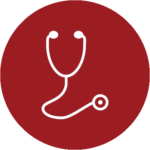
Medical support includes healthcare workers and public health officials continuing to serve in their existing positions.
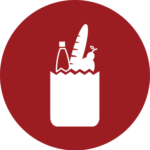
Food security and basic needs support includes donations of food and household supplies.

Education includes teachers and administrators providing remote education and organization, from K-12 through university, as well as public educators providing translation services, community education, and more.

Spiritual support includes faith leaders, counselors, chaplains, and others involved in decision-making at houses of worship, hospitals, and universities providing both community leadership and individual support.
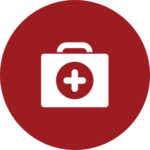
Safety/PPE/supplies support includes individuals and groups who provided, created, and financed the supply of Personal Protective Equipment (PPE) and medical supplies, including sewing masks, donating blood, and fundraising for equipment.

Technology/innovation includes the creation of new products, like testing kits, ventilators, and PPE, as well as new sterilization and sanitization processes.
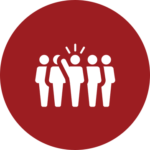
Civic engagement/policy/community leadership includes those who work within their communities to influence decisions impacting public safety, from the closing of worship spaces, to facilitating voting by mail and census completion, to increasing understanding of new federal and state laws.
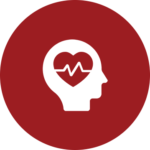
Mental health includes providing counseling and resources, as well as creating new avenues for community support during this time of crisis.

Economic security support includes financial contributions that do not fall into any other category.
In Their Own Words
Meet the Research Team
Meet the Project Advisors
Meet the Research Team
Meet the Project Advisors
Partnerships
This project was completed in partnership with the National Muslim Taskforce on COVID-19 (a coalition chaired by AMHP, FCNA, IMANA, and ISNA), U.S. Council of Muslim Organizations, Muslim American Society (MAS), Islam in Spanish, National Black Muslim COVID Coalition, and Poligon Education Fund.


